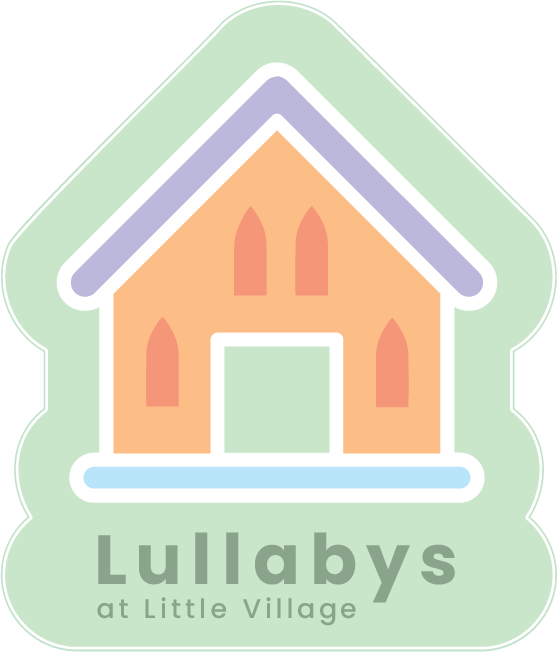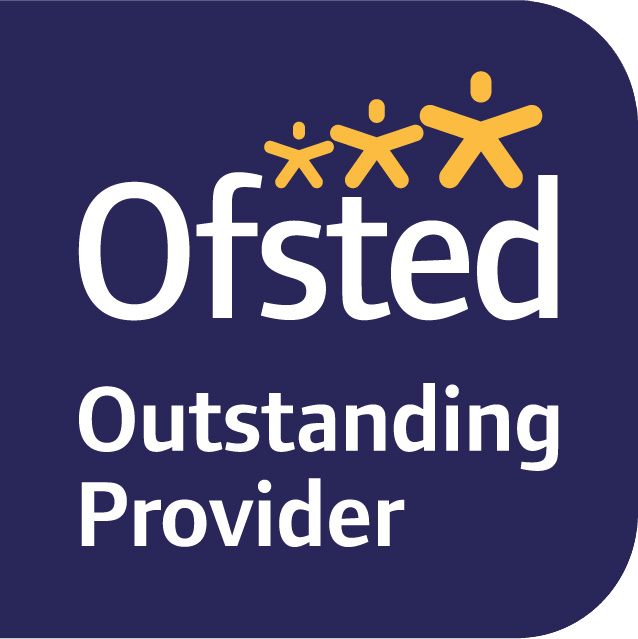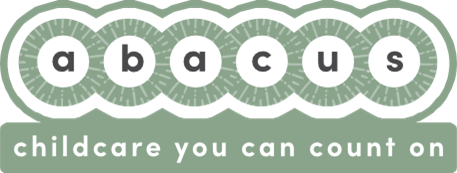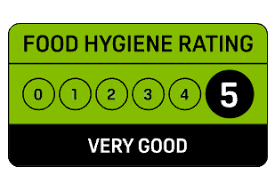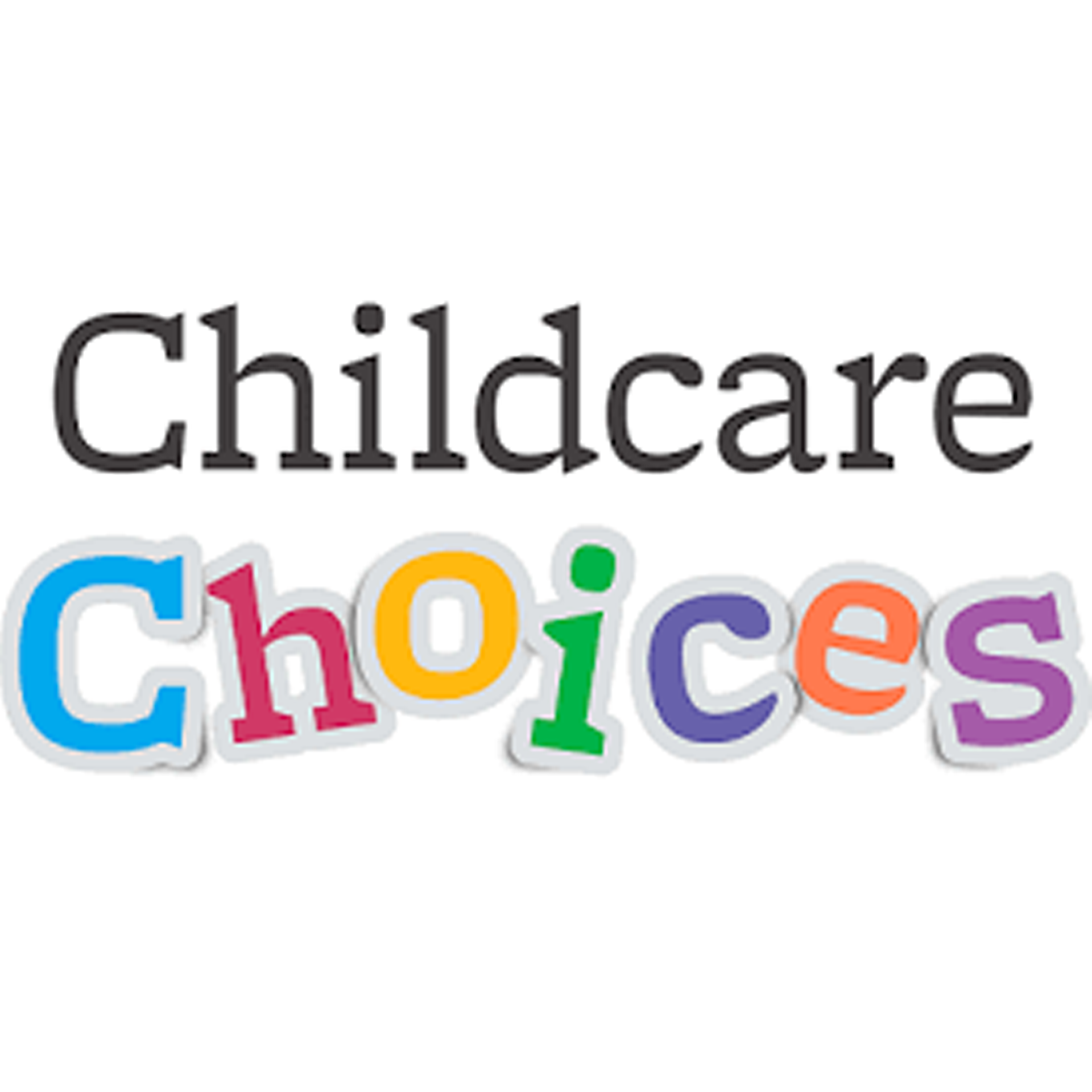What Is The Early Years Foundation Stage (EYFS) 2023
The Early Years Foundation Stage (EYFS) 2023 is a comprehensive document designed for early years providers, aiming to support your child's learning and development from birth to five years old. It is mandatory for all early year’s providers to adhere to the guidelines and principles outlined in the EYFS 2023.
What Does Well Rounded Learning Look Like?
The Early Years Foundation Stage 2023 (EYFS 2023) outlines seven distinct areas of learning, each designed to provide a comprehensive framework for fostering children's development during their early years. These areas encompass a wide range of skills, knowledge, and experiences that contribute to a holistic and well-rounded foundation for children's growth.
These seven areas of learning are interconnected and play a crucial role in providing a well-balanced and holistic foundation for children's growth, development, and readiness for their future educational journey. It is our duty as Early Years providers and educators to create and deliver experiences and activities across these areas, ensuring that children have opportunities to explore, learn, and thrive in all aspects of their development.
Play holds a pivotal role in a child's growth, fostering confidence as they delve into exploration, social interactions, goal-setting, and problem-solving. Children learn both by independently steering their play and by participating in activities guided by adults.
The interconnectedness of the Learning and Development Areas is evident. For instance, fostering communication and language skills lays a foundation for comprehending and articulating mathematical concepts. Enhancing physical abilities empowers children to be more proactive explorers, thereby advancing their progress in grasping the world around them. As their grasp of Understanding the World deepens, their ability to connect with literary content expands, thus nurturing their literacy development. Experiences and endeavours aligned with the Areas of Learning and Development, especially when they grant children autonomy and room to cultivate their own notions, not only enrich their learning but also provide contexts for honing their learning behaviours.
Prime Areas of Learning
Personal, Social & Emotional Development
Literacy development encompasses the foundation of reading and writing skills. Children are exposed to a variety of texts, stories, and opportunities for writing, which aid in developing their phonics awareness, vocabulary, reading comprehension, and early writing abilities.
Physical Development
The mathematics area introduces children to fundamental mathematical concepts through hands-on activities and experiences. It covers numeracy skills, understanding patterns, shapes, measurements, and basic mathematical reasoning.
Communication & Language
This area encourages children to explore and make sense of their environment, community, and the broader world around them. It includes learning about different cultures, nature, science, technology, and how things work.
Specific Areas of Learning
Literacy
Literacy development encompasses the foundation of reading and writing skills. Children are exposed to a variety of texts, stories, and opportunities for writing, which aid in developing their phonics awareness, vocabulary, reading comprehension, and early writing abilities.
Mathematics
The mathematics area introduces children to fundamental mathematical concepts through hands-on activities and experiences. It covers numeracy skills, understanding patterns, shapes, measurements, and basic mathematical reasoning.
Understanding the World
This area encourages children to explore and make sense of their environment, community, and the broader world around them. It includes learning about different cultures, nature, science, technology, and how things work.
Expressive Arts & Design
This area encourages children to explore and make sense of their environment, community, and the broader world around them. It includes learning about different cultures, nature, science, technology, and how things work.
